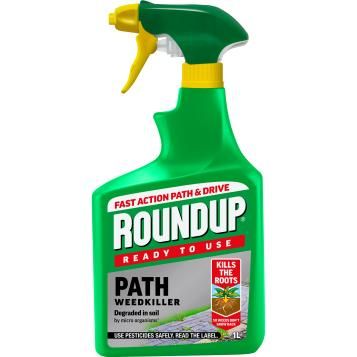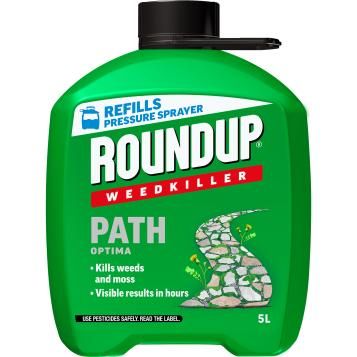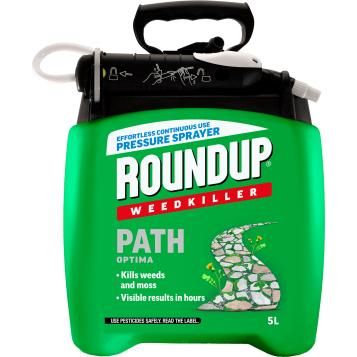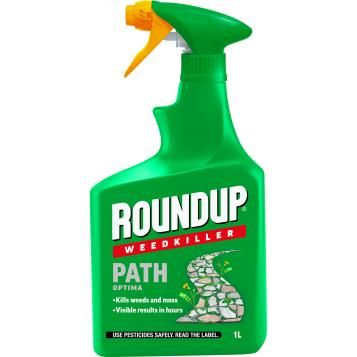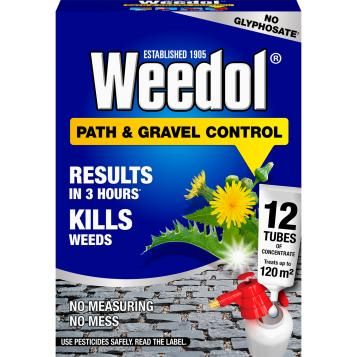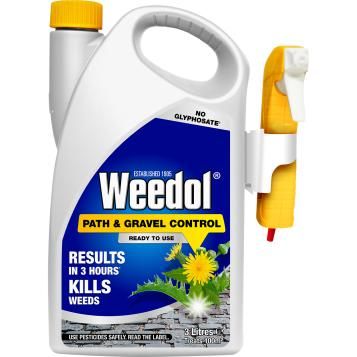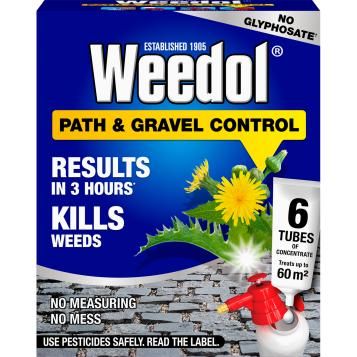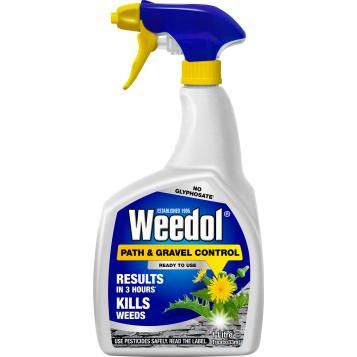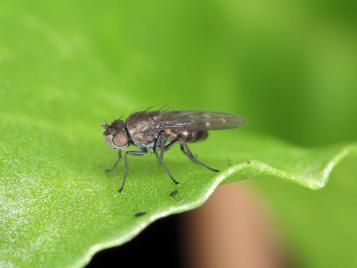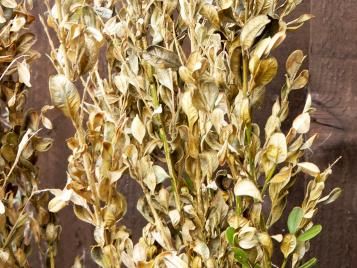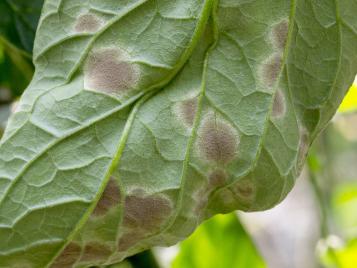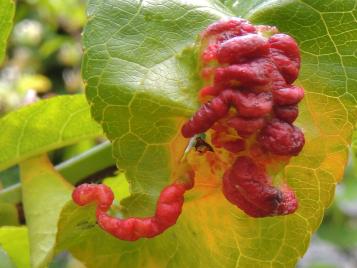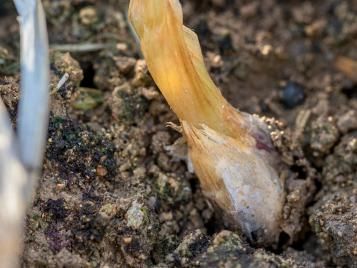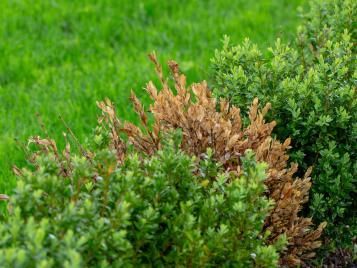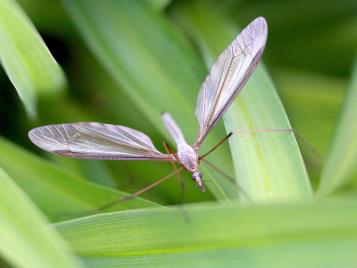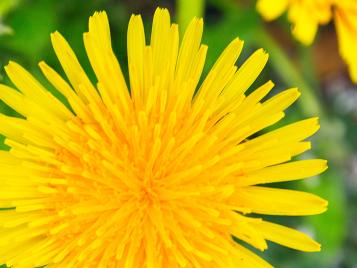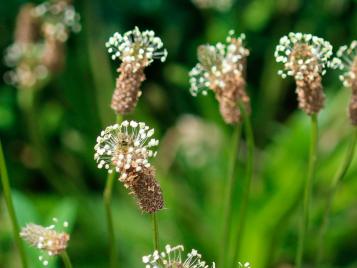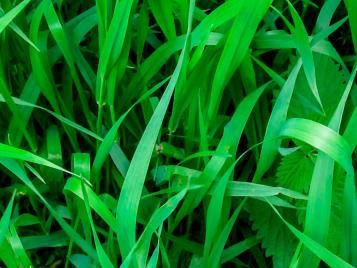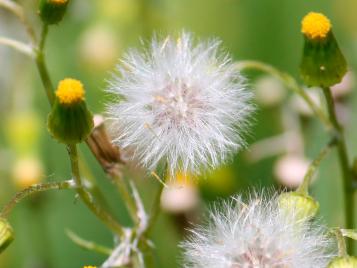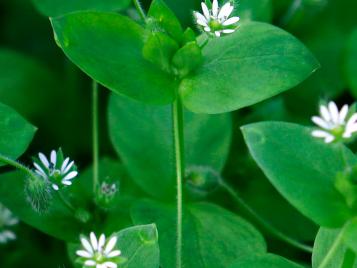
Daisy
What are daisies?
Daisies (Bellis perennis) are a very common and well-known species of wildflower, found in lawns as well as in meadows and grassland. They spread both by seed and by short underground runners called rhizomes.
But are daisies weeds? Opinion is divided as to whether daisies should be classed as weeds, but although pretty, they can be a problem in lawns, as they are too low-growing to be kept under control by mowing. So, while children may want to occupy their time making daisy chains, keen gardeners will be looking to remove them from their lawns.
How to identify daisies?
Daisies form low rosettes of oval or spoon-shaped leaves with scalloped edges. The familiar flowers, with their rays of white petals around yellow centres, appear from spring to autumn.
The flower head is carried on a single stem. It is interesting to note that the flower head actually isn’t one single flower, instead the yellow disc in the middle is made up of a number of tiny flowers. This is also the case for the surrounding white florets – although these do look just like petals. Daisies can potentially grow up to 10cm high.
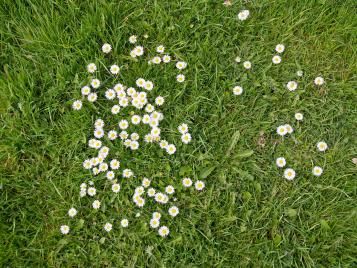
Daisy symptoms and damage
Daisies in lawns compete with lawn grass for water and nutrients. Once established, daisies in grass can form dense mats of foliage, smothering the grass. They also self-seed into beds and between paving slabs.
Daisy control and treatment
You have a couple of options when it comes to daisy treatment and control. You can try the following:
How to get rid of daisies without chemicals
- Dig up lawn daisies with a knife or a daisy grubber, which has a long thin blade with a notch at the end to help lever out the root. Make sure the whole plant is removed.
- Pull up daisies in beds by hand, using a hand fork.
- Remove daisies in paving with the help of a weeding knife, which has a hooked blade designed for weeding between paving slabs.
How to get rid of daisies with weedkiller
- To get rid of large infestations of lawn daisies, use a selective lawn weedkiller like Miracle-Gro Complete 4 in 1 . To minimise the impact on the environment, only treat the affected area of lawn.
- To clear daisies from paving, use a systemic weedkiller like Weedol PS Pathclear Weedkiller. Systemic weedkillers will kill any plant they come in contact with, so protect surrounding plants by covering them with plastic sheeting.
- Always follow the manufacturer’s instructions when using weedkiller.
How to prevent daisies in grass?
To prevent daisies occurring in the first place, make sure you:
- Feed and aerate lawns annually to keep them healthy, as lawn daisies thrive in sparse, patchy lawns.
